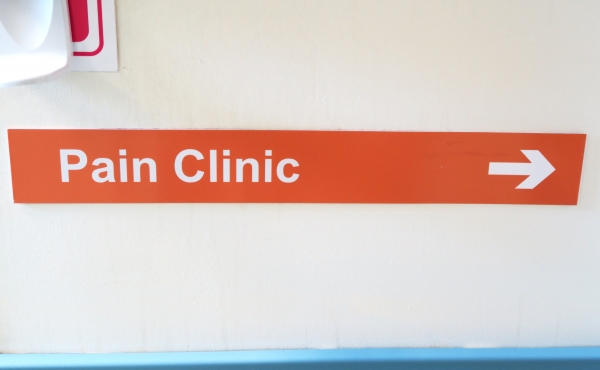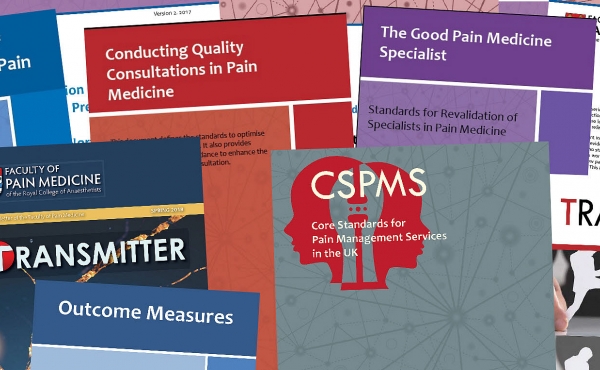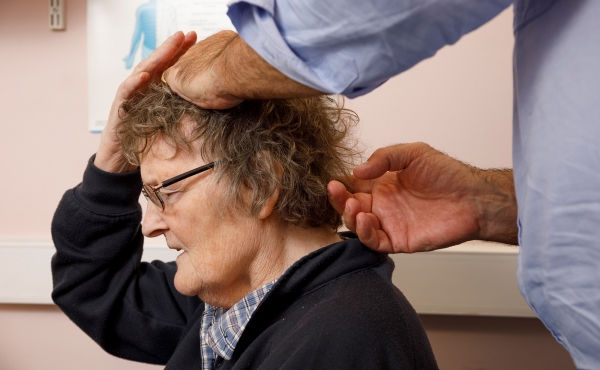Commissioning
Commissioning for healthcare in the NHS in England has changed over the years
In April 2013, Clinical Commissioning Groups (CCGs) took over responsibility for designing local health services in England.
What is a Clinical Commissioning Group?
CCGs comprise General Practitioners, at least one registered nurse and a doctor who is a secondary care specialist. CCGs should work in partnership with patients, healthcare professionals and local authorities. All GP practices are required to be members of a CCG and the aim is to give GPs and other clinicians the power to influence commissioning decisions for patients. CCGs are overseen by the national NHS Commissioning Board (NCB). Local offices of the NCB will oversee CCGs and manage primary care commissioning, including holding GP practices NHS contracts.
Each local authority in England has a Health and Wellbeing board (HWB) whose aim is to improve integrated working between local health care, social care, public health and other public service practitioners, so that patients and service users experience joined up care. These boards are responsible for producing a joint strategic needs assessment (JSNA) to provide local policy makers and commissioners with a profile of the health needs of the population, with the aim of improving commissioning and reducing health inequalities. CCGs have a statutory requirement to consult health and wellbeing boards. These boards can report concerns regarding the CCG to the NQB.
Twelve clinical senates have been established to help CCGs, HWBs and the NHS CB to make the best decisions about healthcare for the populations they represent by providing advice and leadership at a strategic level. They comprise of a range of clinicians, professionals from health, including public and social care and patients and the public.
Clinical Reference Group for Specialised Pain Services
A Clinical Reference Group (which includes FPM membership) has been established to decide a commissioning framework for specialised Pain Management Services, that is those specialised pain management services which need to be nationally commissioned. It has been estimated that there is a need for 6-10 national centres in England. The main issue now is what happens in local commissioning groups. The National Pain Audit highlighted the variation in pain management service provision. The CPPC Freedom of Information request revealed that CCGs have an inconsistent approach in commissioning full multiprofessional pain management services. These discrepancies need eradicating.
More information
Want to know more about the Clinical Reference Group?
Click here for more information on the Specialised Pain CRG.



